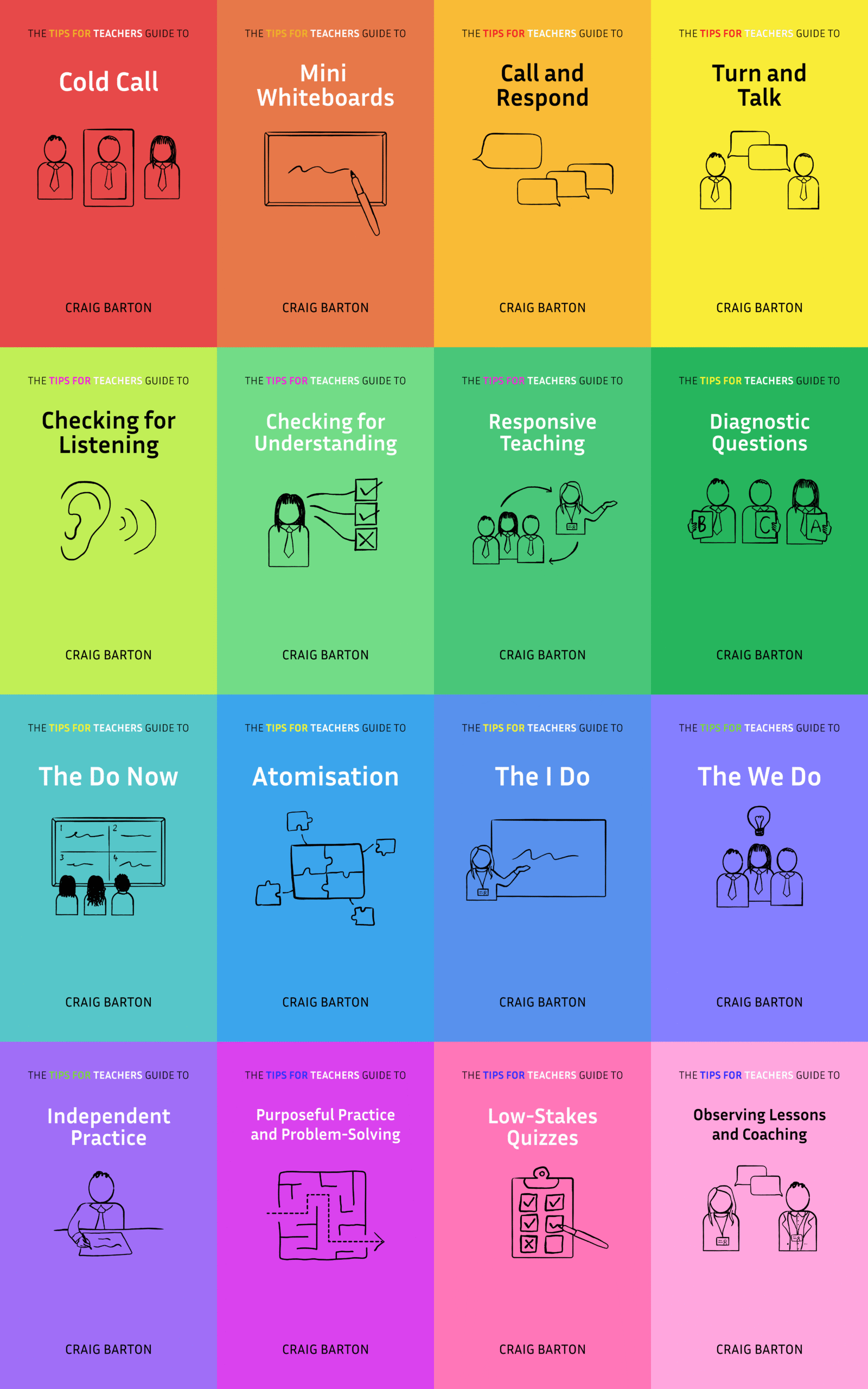Summary
This YouTube video discusses the limitations of willpower in achieving goals, arguing that habit formation is a more effective strategy. The speaker highlights how poor emotional forecasting and temptation hinder willpower’s effectiveness. They suggest using habit design principles, such as those outlined in James Clear’s Atomic Habits, to create lasting changes. The conversation also touches upon the importance of sharing these insights with students to foster metacognition and improve learning outcomes. Finally, the speaker emphasizes the value of “fresh start moments” for initiating behavioral changes.
Time-stamps
- Willpower is overrated: [0:00-1:45] This segment introduces the concept that willpower is an unreliable resource for achieving goals, especially in the context of New Year’s resolutions.
- Reasons why willpower fails: [1:45-3:22] Here, the speaker explains three main reasons why relying solely on willpower often leads to failure. These include difficulty resisting temptation, poor emotional forecasting, and the tendency to underestimate personal susceptibility to cognitive biases.
- Habit formation as an alternative to willpower: [3:22-4:38] The speaker suggests focusing on habit design and architecture as a more effective strategy for achieving goals, emphasizing the power of established habits to drive behavior without requiring constant cognitive effort.
- Practical tips for habit formation: [4:38-6:18] This section provides specific examples of how to create habits, such as removing temptation, leveraging “fresh start” moments, and utilizing frameworks like James Clear’s four steps for habit formation (make it obvious, attractive, easy, and satisfying).
- Importance of sharing insights with students: [6:18-8:03] The conversation shifts to the importance of sharing insights about learning and motivation with students. This includes explaining the “why” behind educational practices and fostering metacognition.
- Overcoming expert-induced blindness: [8:03-8:55] The speaker highlights the challenge of “expert-induced blindness” where teachers might assume students already know certain things, leading to a lack of clear explanations. This section emphasizes the need to explicitly articulate the reasoning behind teaching methods.
- Additional resources for habit formation: [8:55-9:40] The conversation concludes with recommendations for further exploration of habit formation, including James Clear’s book “Atomic Habits” and the EAST framework from the Behavioural Insights Team.
What are the key implications for teachers in the classroom?
- Teachers should share research findings with their students, including information about willpower. This can help students develop metacognition, or an understanding of how they learn.
- Teachers should explain why they are doing what they are doing in the classroom. This can help students understand the purpose of different activities and strategies.
- Teachers should be aware that they may have “expert-induced blindness” or “cursive knowledge,” which means that they may find it difficult to empathize with students who do not know the same things they do. This can lead teachers to assume that students understand things that they do not.
- Teachers can use the “habit design” framework from Atomic Habits by James Clear to help students develop new habits. This framework involves making the desired habit obvious, attractive, easy, and satisfying.
- Teachers can also use the EAST framework from the Behavioural Insights Team to help students develop new habits. This framework involves making the desired habit easy, attractive, social, and timely.
- Teachers can help students develop new habits by capitalizing on “fresh start moments,” such as the beginning of a new term, a new week, or a new school year. These are times when people are more likely to be open to change.
- Teachers should be aware that willpower is not a very reliable resource, and that students (and teachers!) may struggle to resist temptation in the moment. This is because people are not very good at predicting how they will feel in the future.
- Teachers should help students develop strategies for dealing with temptation, such as removing temptations from their environment or making them more difficult to access.
View all of Peps McCrea’s videos in this playlist:








